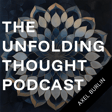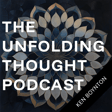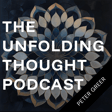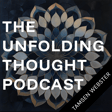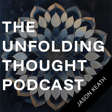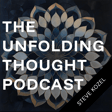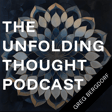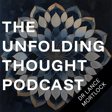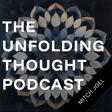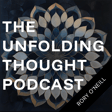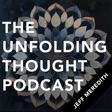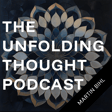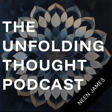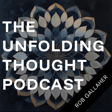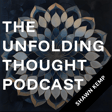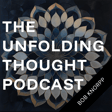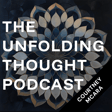
44–Michael Whitmer: Food, Trust, and the Stories We Tell
In this episode of The Unfolding Thought Podcast, Eric Pratum speaks with Michael Whitmer, Vice President at Look East and a longtime strategist in the food and agriculture space. Michael has spent more than two decades helping food brands and commodity organizations communicate clearly, build credibility, and connect with consumers on what matters most.
They discuss how food intersects with identity, why consumer trust in institutions has eroded, and how organizations can communicate values—not just facts—to earn that trust back. Michael shares lessons from his work with the Illinois Soybean Association, The Center for Food Integrity, and other organizations shaping the future of food production and sustainability.
Topics Explored:
- Building Consumer Trust in the Food System
- Why Facts Alone Aren’t Enough: The Power of Shared Values in Communication
- Lessons from Agricultural Commodity Marketing and Checkoff Programs
- Transparency, Traceability, and the Role of Narrative in Food Branding
- How Food Connects to Identity, Emotion, and Belief
- Trust, Misinformation, and the Importance of Dialogue
- The Future of Food Integrity and Responsible Communication
Links:
- Connect with Michael on LinkedIn: https://www.linkedin.com/in/michaelawhitmer/
- Michael’s company Look East: https://lookeast.com
- The Center for Food Integrity: https://foodintegrity.org
- Related episode with lan Fine on the GROW: https://unfoldingthought.com/28-alan-fine-exploring-the-inner-game-to-grow/
For more episodes, visit: https://unfoldingthought.com
Join the conversation by emailing Eric at: eric@inboundandagile.com
